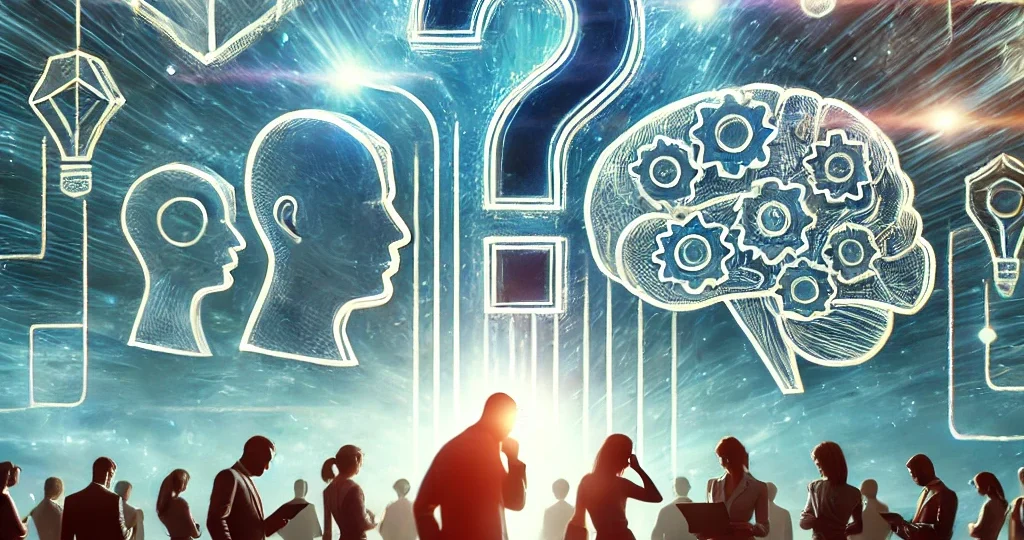Informational Social Influence: When We Rely on Others to Guide Us
March 25, 2025 | by Venkat Balaji

Note: This is the second part of the social influences. Today is about Informational Social Influence and it includes some references from yesterday’s post.
In unfamiliar or uncertain situations, we often look to others for guidance. This is the essence of informational social influence—the tendency to conform because we believe others have more knowledge or expertise than we do. Unlike normative influence, which is driven by the desire to fit in, informational influence is about seeking the “correct” answer when we’re unsure of what to do.
A classic example is Muzafer Sherif’s 1935 experiment on the autokinetic effect, where participants were asked to estimate how far a small dot of light appeared to move in a dark room – by the way, the light was actually stationary (another trick our brain plays). Thus, there is no right answer. When alone, participants gave different answers, but in a group setting, their estimates converged. This may seem really similar to the line experiment from yesterday, but the difference is people didn’t actually know the answer in this one rather than choosing the wrong answer purposefully despite knowing the right answer in the line experiment. They gave answers similar to what other people gave because they had no clue about the right answer.
Informational social influence plays a crucial role in decision-making, especially in situations where expertise matters. We rely on it when listening to doctors about our health, taking investment advice from financial experts, or following evacuation orders during a crisis. While this influence can be beneficial, it also has its downsides—misinformation, echo chambers, and blindly following authority figures without questioning their credibility. Striking a balance between trusting expert knowledge and thinking critically is essential in navigating this form of influence.
RELATED POSTS
View all


